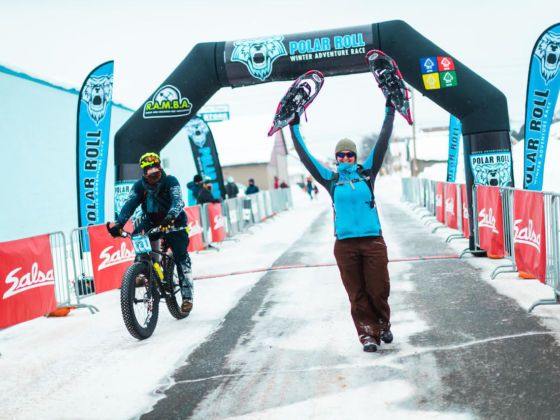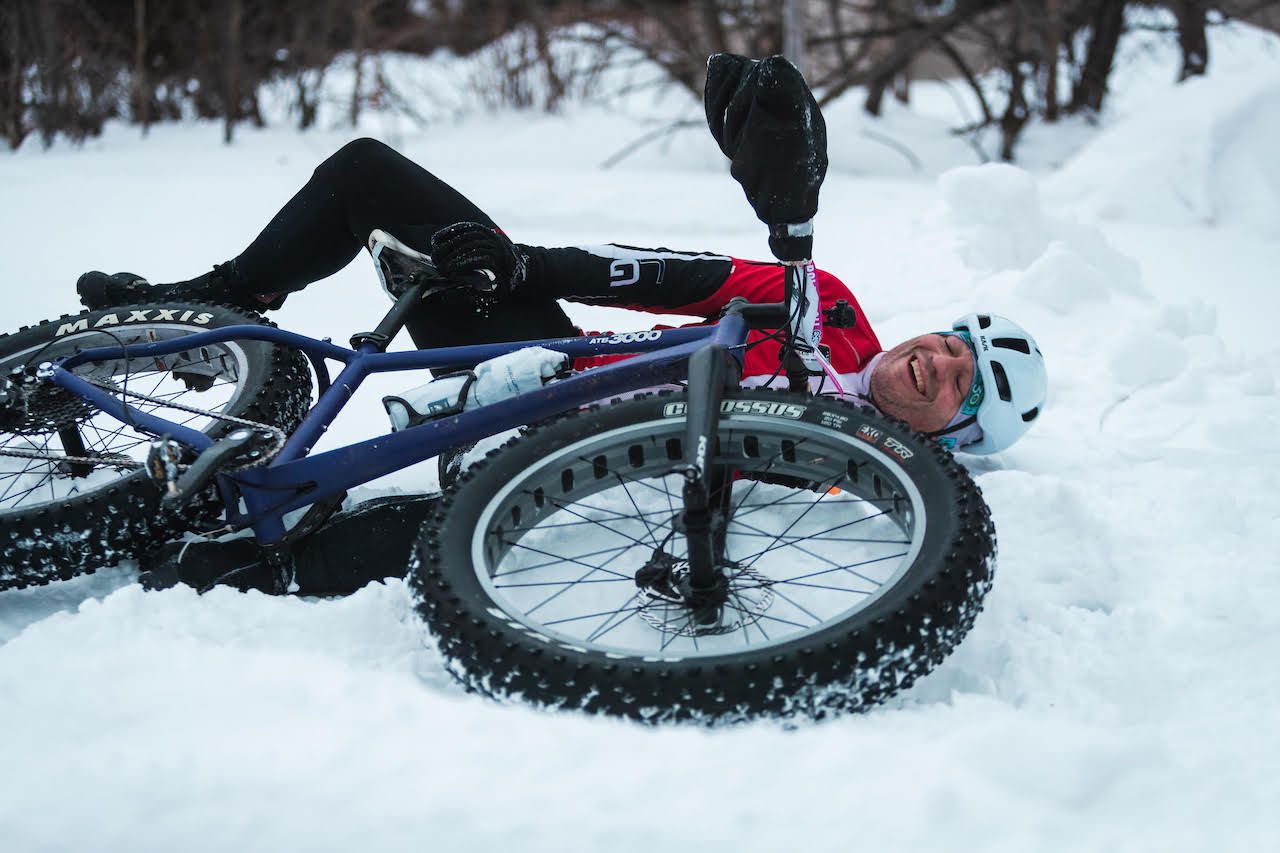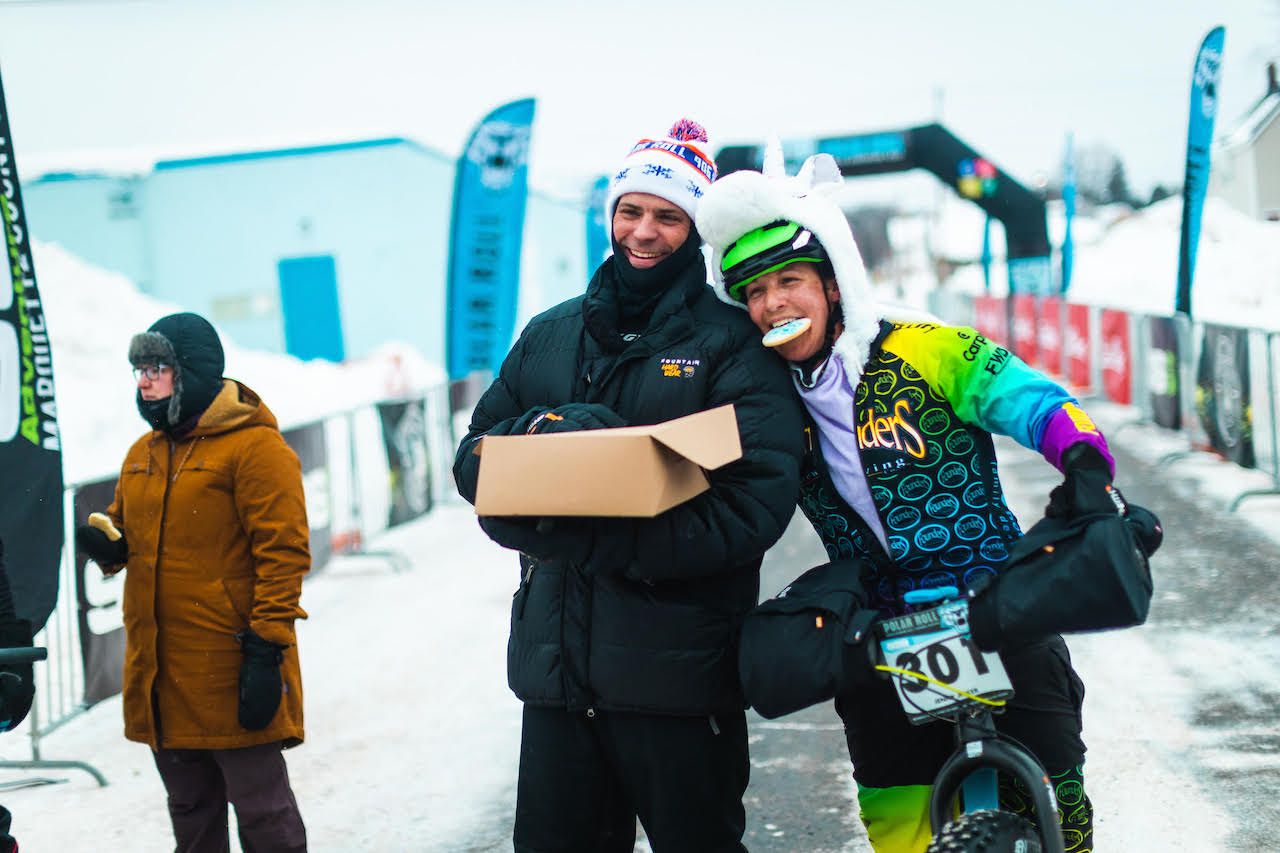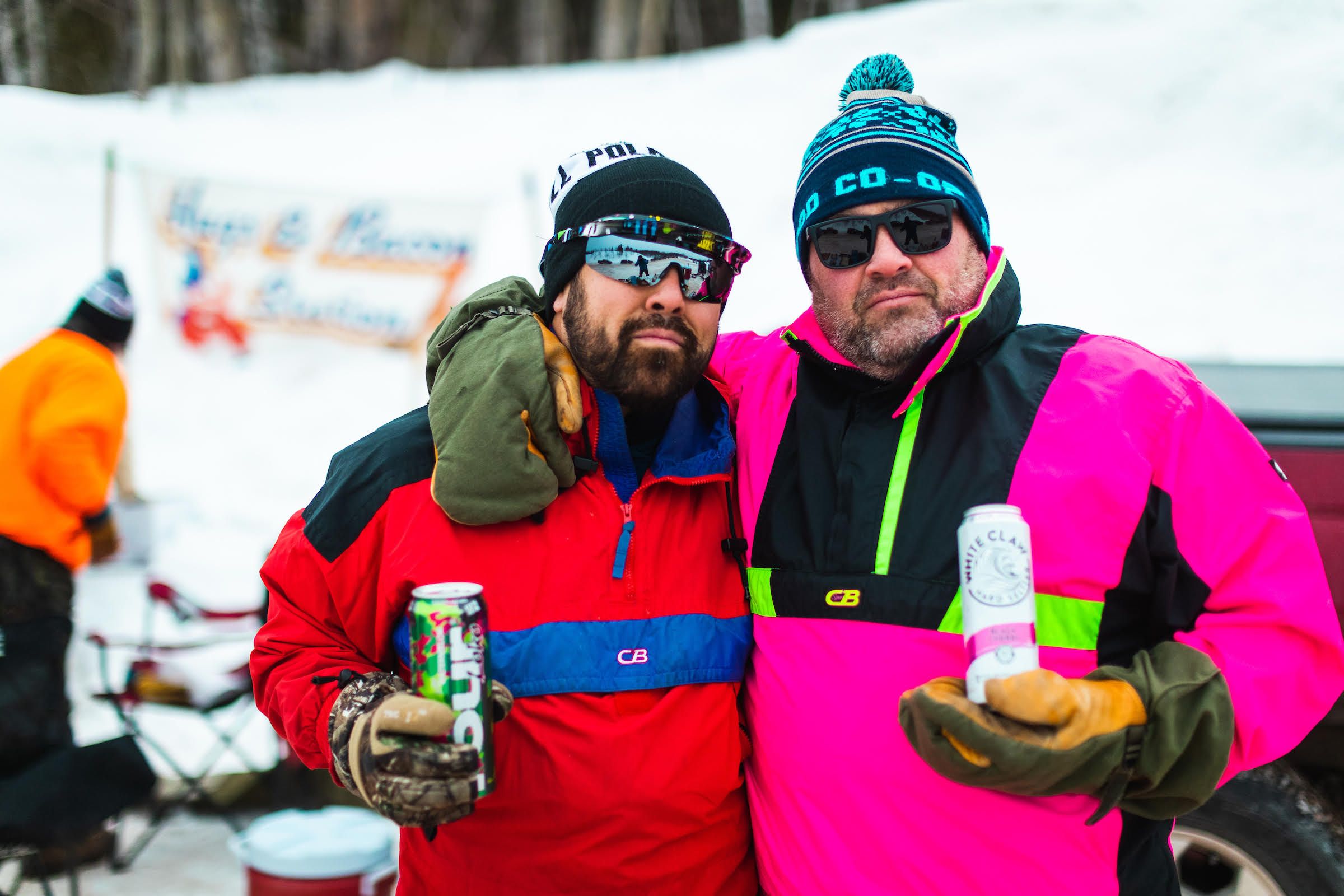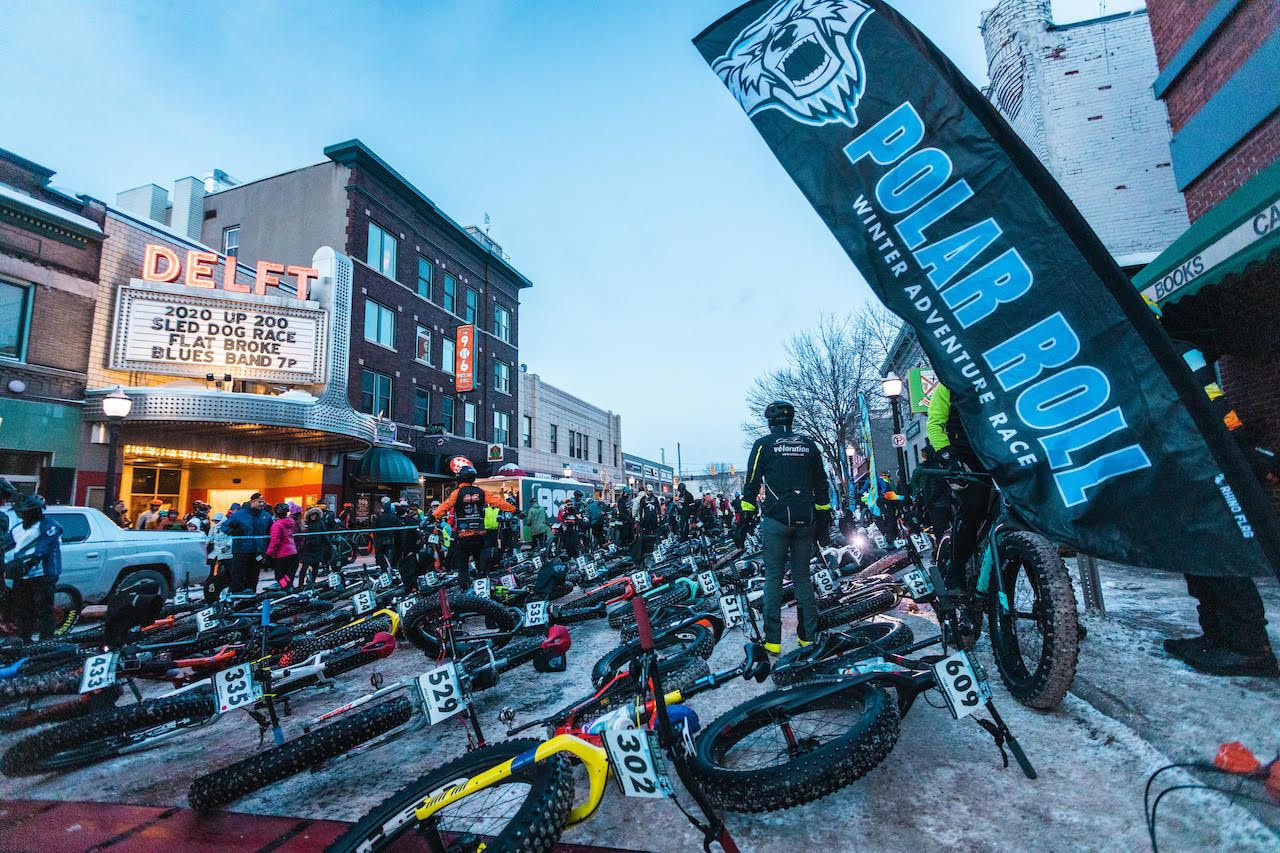Marquette is not exactly a glowing spot on the radar of the world’s top winter travel destinations. But for a growing number of outdoor adventurers, it’s becoming one. Located on the south shore of Lake Superior on Michigan’s Upper Peninsula, the town of around 21,000 is one of the snowiest in the country, receiving a yearly average of nearly 150 inches that are preserved by winter temperatures that rarely sneak above 30 degrees — often dipping into the subzero range. But this doesn’t stop the Yoopers (UP locals) from frolicking in their frigid playground, and a person can’t help but catch a dose of the viral adrenaline.
I was invited to participate in the annual Polar Roll fat bike event in February, and found that in stark contrast to many ice-covered cities where locals spend the winter shivering and grumbling, Yoopers not only revel in their rare and robust forms of snowy adventure, but are also perhaps the friendliest Americans you’ll ever meet. Their beer and food proved pretty impressive, too.
